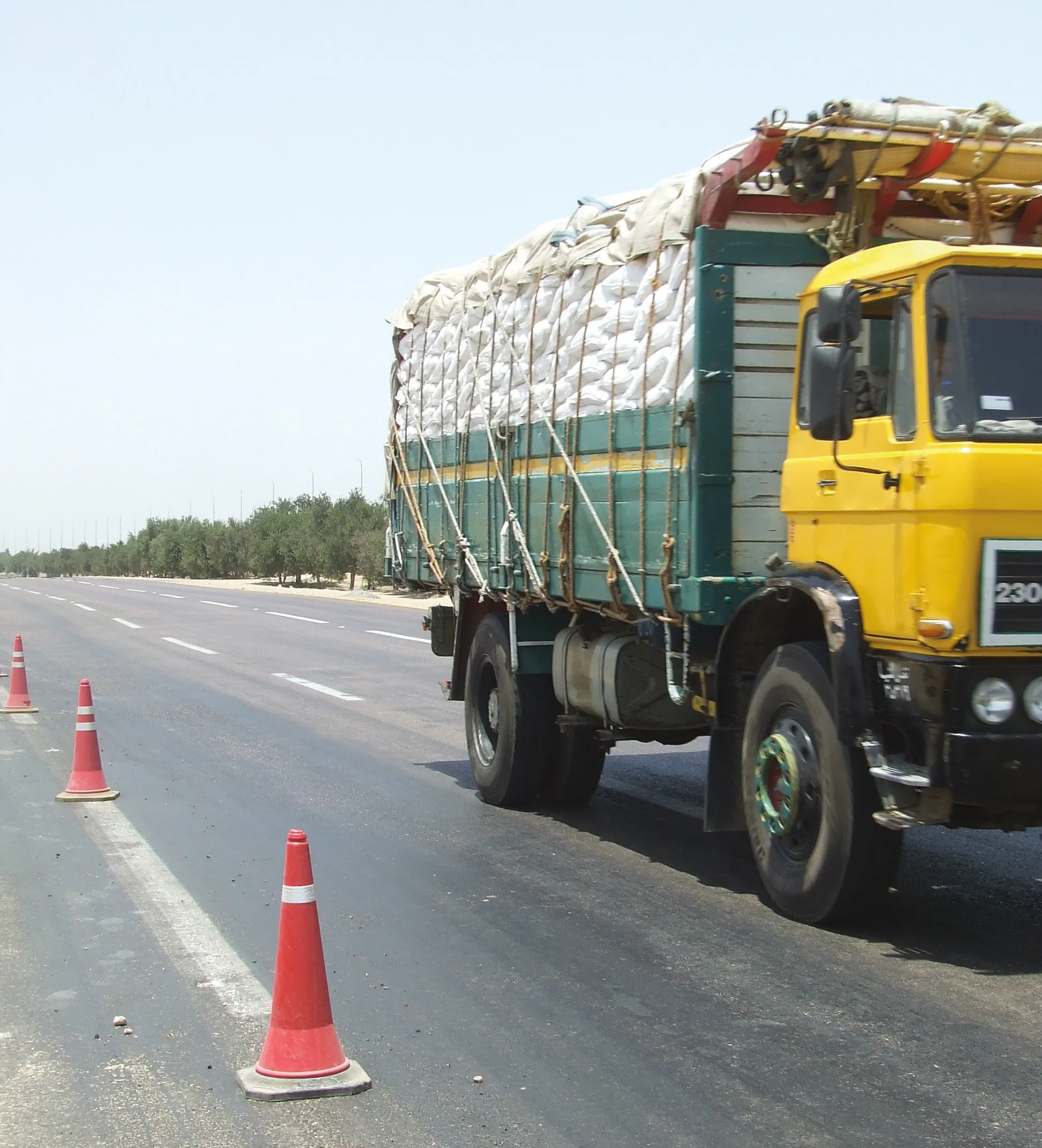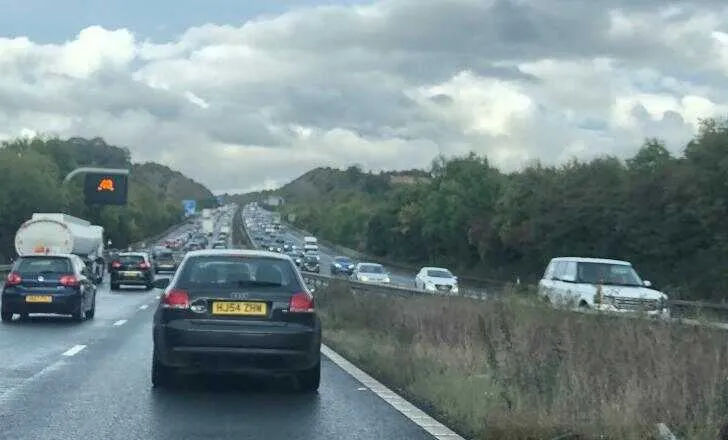The Nepalese government is introducing smart licences and embossed vehicle number plates from the 2012/2013 fiscal year which begins in July, 2012. The new initiative to use a uniform number plate with unique security features will greatly enhance enforcement of vehicle registration compliance and also make it easier to identify and take action on traffic offences
April 25, 2012
Read time: 2 mins
The Nepalese government is introducing smart licences and embossed vehicle number plates from the 2012/2013 fiscal year which begins in July, 2012. The new initiative to use a uniform number plate with unique security features will greatly enhance enforcement of vehicle registration compliance and also make it easier to identify and take action on traffic offences.
According to officials at the Ministry of Labour and Transport Management, some 70 per cent of two-wheeler and 30 per cent of the four wheel light vehicles fail to renew their registration, so it is expected that the new system will address the problem and recover around US$500,000 annually. The department will also add the name, address and work details on the new embossed number plate that will help to track down the vehicle in case of a traffic violation or accident.
Nepal’s government has estimated it will cost around US$32,000 for the embossed vehicle number plates, which it will finance, while the943 Asian Development Bank (ADB) will fund the smart licences project, estimated to cost about US$0.25 million.
According to officials at the Ministry of Labour and Transport Management, some 70 per cent of two-wheeler and 30 per cent of the four wheel light vehicles fail to renew their registration, so it is expected that the new system will address the problem and recover around US$500,000 annually. The department will also add the name, address and work details on the new embossed number plate that will help to track down the vehicle in case of a traffic violation or accident.
Nepal’s government has estimated it will cost around US$32,000 for the embossed vehicle number plates, which it will finance, while the








